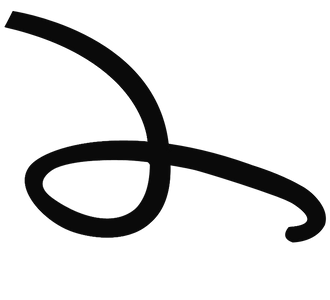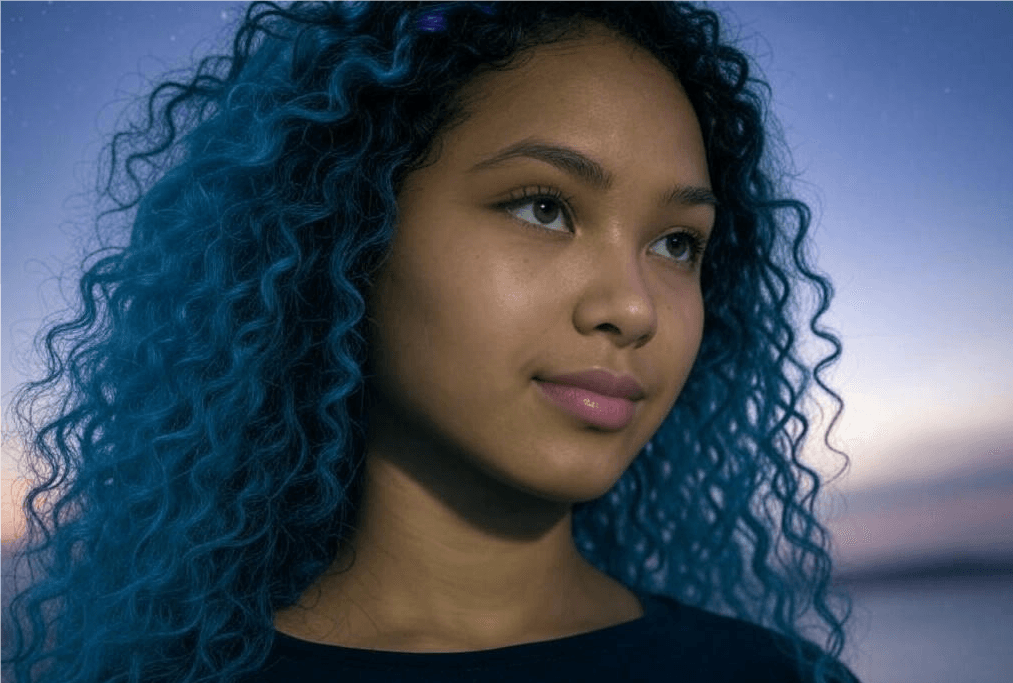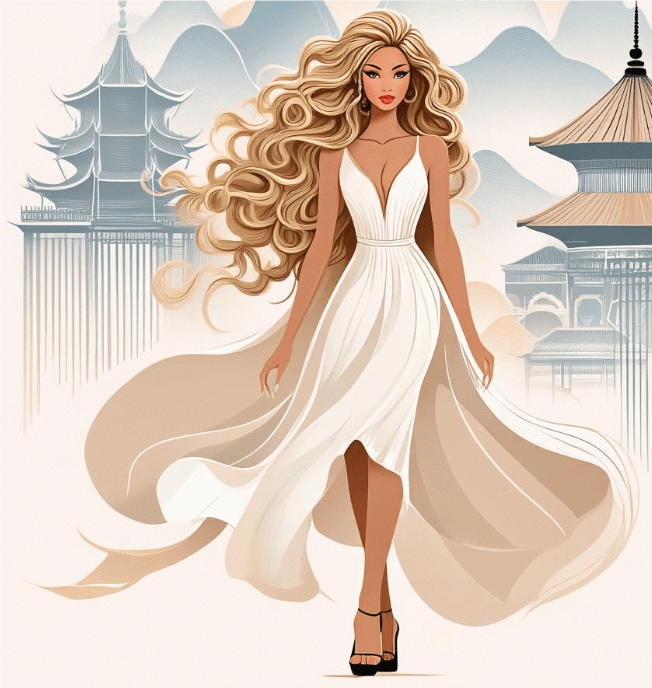Mongolian Ponytail: Bridging the Gap Between Tradition and Modernity
Mongolian Ponytail: Bridging the Gap Between Tradition and Modernity
In the vast, sweeping landscapes of Mongolia, where the wind whispers tales of ancient warriors and nomadic traditions, a unique cultural emblem persists—the Mongolian ponytail. This seemingly simple hairstyle bridges the gap between tradition and modernity, embodying the spirit of a people who honor their past while embracing the future.
A Historical Significance
The Mongolian ponytail has deep roots in the country's history. For centuries, it has been a distinctive feature of Mongolian attire, particularly for women. Traditionally, young girls would grow their hair long, often starting around the age of five. By the time they reached adulthood, their hair would be long enough to be braided or tied back, symbolizing maturity and readiness for marriage. The ponytail thus became a rite of passage, marking significant life transitions.

Historically, the Mongolian ponytail also served practical purposes. Nomadic life on the steppes required functional and adaptable clothing and hairstyles. Long hair could be easily managed by tying it back, keeping it out of the way during daily chores such as milking animals or setting up gers (traditional Mongolian tents). Additionally, the ponytail could be loosened at night to keep warm during the cold Mongolian evenings.
Cultural Symbolism
Beyond its practical uses, the Mongolian ponytail carries rich cultural symbolism. In Mongolian culture, hair is considered sacred. It represents strength, identity, and continuity. The act of growing one's hair long and tying it back in a ponytail is seen as an homage to ancestral traditions and a connection to one's heritage.

For many Mongolians, the ponytail is not just a hairstyle but a statement of pride in their cultural identity. It serves as a reminder of their nomadic roots and the resilience of their ancestors who traversed harsh landscapes and endured extreme weather conditions. The ponytail thus becomes a living tradition, passed down through generations, preserving the essence of what it means to be Mongolian.
Modern Adaptations
As Mongolia has transitioned from a predominantly nomadic society to one with urban centers and modern influences, the ponytail has evolved along with it. Today, the Mongolian ponytail can be seen in various forms—braided, styled with accessories, or simply tied back with a ribbon. It remains a popular choice for both casual and formal occasions.

In urban areas, young Mongolian women often experiment with different styles, incorporating elements of contemporary fashion while maintaining the traditional ponytail as a base. This fusion of old and new creates a unique aesthetic that reflects the dynamic nature of modern Mongolian society.
Moreover, the ponytail has found its way into popular culture, becoming a symbol of national pride. During festivals and celebrations, traditional dancers and performers often wear elaborate costumes adorned with vibrant colors and intricate designs, all complemented by meticulously styled ponytails. These performances help keep the tradition alive, showcasing it to both local and international audiences.
Global Influence
The influence of the Mongolian ponytail extends beyond national borders. In recent years, it has gained recognition on global platforms, particularly in the fashion industry. Designers from around the world have drawn inspiration from this traditional hairstyle, incorporating elements of it into their collections. This global exposure not only highlights the beauty of Mongolian culture but also fosters a sense of pride among Mongolians.

Additionally, social media has played a significant role in spreading awareness about the Mongolian ponytail. Platforms like Instagram and YouTube are filled with tutorials and posts showcasing how to style this iconic look. This digital presence helps connect Mongolians worldwide, creating a virtual community that celebrates and preserves their cultural heritage.
A Bridge to the Future
The Mongolian ponytail stands as a testament to the enduring power of tradition in a rapidly changing world. It bridges the gap between past and present, offering a sense of continuity and identity to those who embrace it. As Mongolia continues to evolve and adapt to modern challenges, the ponytail remains a steadfast symbol of resilience and pride.

In essence, the Mongolian ponytail is more than just a hairstyle—it is a cultural artifact that tells the story of a people who value their heritage while confidently stepping into the future. Whether worn by a young girl in a remote village or a fashionable woman in the bustling streets of Ulaanbaatar, the ponytail connects Mongolians to their roots, reminding them of who they are and where they come from.
As we look ahead to an increasingly interconnected world, the Mongolian ponytail serves as a powerful reminder of the importance of preserving cultural traditions. It teaches us that even in the face of change, our roots can provide us with strength, identity, and a sense of belonging. In this way, the Mongolian ponytail will continue to bridge the gap between tradition and modernity for generations to come.





